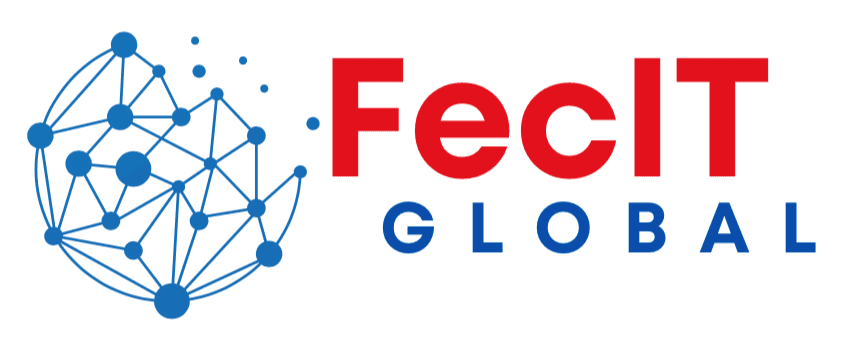With the growing adoption of cloud services, many organizations entrust their critical data to cloud vendors. These vendors often have robust security measures and comply with various industry standards, including ISO certifications. However, a common question arises: If my data is protected by the vendor's ISO and standards, do I still need ISO 27001 for my organization? In this blog, we will explore the importance of having ISO 27001 in place even when your data is secured by a cloud vendor.
Understanding ISO 27001 and Cloud Security
ISO 27001 is an internationally recognized standard for information security management systems (ISMS). It provides a systematic approach to managing sensitive information, ensuring its confidentiality, integrity, and availability. Cloud vendors often comply with various security standards, including ISO 27001, to assure clients that their data is protected. However, this does not eliminate the need for your organization to have its own ISO 27001 certification.
Why You Still Need ISO 27001
Comprehensive Security Management
While cloud vendors provide robust security for the infrastructure and services they offer, ISO 27001 ensures that your organization manages security comprehensively. It covers aspects such as organizational policies, human resources security, asset management, and business continuity, which go beyond the scope of what cloud vendors typically handle.
Risk Management
ISO 27001 emphasizes a risk-based approach to information security. By implementing ISO 27001, your organization can identify, assess, and mitigate risks specific to your operations, including those related to the use of cloud services. This ensures that all potential threats are addressed, not just those managed by the cloud vendor.
Control Over Data
Even though your data is stored in the cloud, your organization remains responsible for it. ISO 27001 helps you establish and maintain control over your data by implementing necessary security controls, access management, and monitoring processes. This ensures that data security is not solely dependent on the cloud vendor.
Regulatory Compliance
Many industries have specific regulatory requirements for data protection. ISO 27001 helps your organization comply with these regulations by providing a structured framework for managing information security. Relying solely on a cloud vendor's compliance may not be sufficient to meet all regulatory obligations applicable to your organization.
Incident Response and Management
ISO 27001 requires organizations to have a well-defined incident response plan. This ensures that your organization is prepared to respond to security incidents, including those involving cloud services. While cloud vendors may have their own incident management processes, having your own plan ensures that incidents are handled promptly and effectively within your organization.
Enhanced Customer Trust
Achieving ISO 27001 certification demonstrates your organization's commitment to information security. It provides assurance to customers, partners, and stakeholders that you have implemented robust security measures to protect their data, enhancing trust and confidence in your organization.
Continuous Improvement
ISO 27001 promotes a culture of continuous improvement. Regular audits and reviews help your organization stay up-to-date with the latest security practices and technologies. This ensures that your information security management system evolves to address new threats and challenges.
